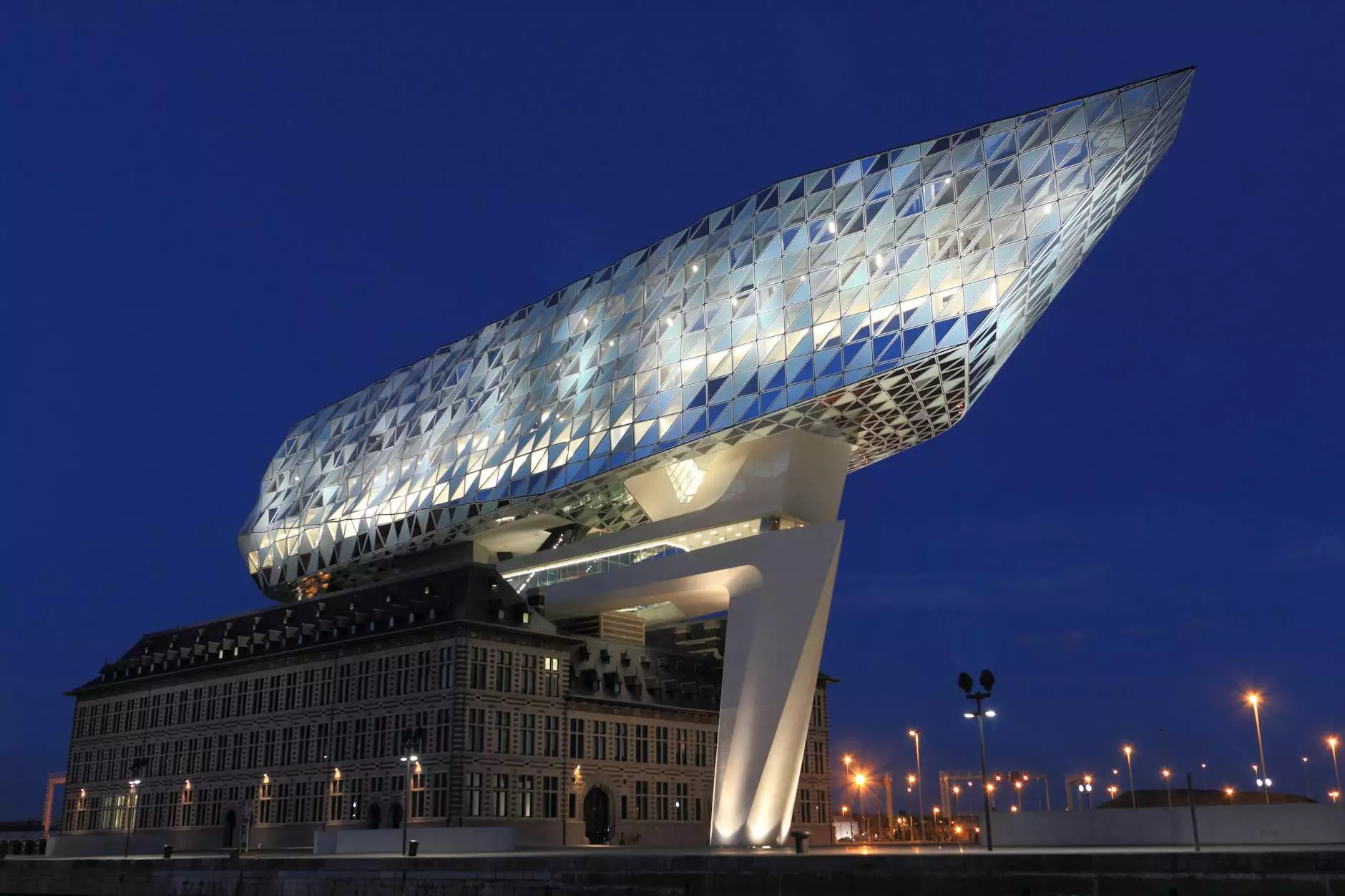Transforming Communities and Empowering Lives: The Power of Religious Organizations like Bridge Church NYC

In today's dynamic society, religious organizations such as Bridge Church NYC are more than places of worship. They are vital hubs of community development, spiritual growth, and social change. These institutions actively foster connections, provide essential support systems, and drive meaningful initiatives that enhance the well-being of individuals and neighborhoods. This comprehensive exploration highlights the profound influence of churches and non-profit community service organizations in shaping transformative societal outcomes.
Understanding the Role of Religious Organizations in Modern Society
Religious organizations serve multifaceted roles that extend beyond spiritual guidance. They act as anchors of community stability, offering a sense of belonging, purpose, and hope. In an era marked by social fragmentation and economic challenges, organizations like Bridge Church NYC demonstrate how faith-based initiatives can be a catalyst for positive change. They engage in activities ranging from charitable works to advocacy, all rooted in the foundational values of compassion and service.
Core Functions of Churches in Community Development
- Spiritual Nourishment: Providing faith-based education, worship services, and spiritual growth programs.
- Social Support: Offering counseling, crisis intervention, and emotional support to individuals and families.
- Community Outreach: Organizing charity events, food drives, and outreach programs for underserved populations.
- Education and Empowerment: Running youth programs, literacy classes, and life skills workshops.
- Advocacy and Social Justice: Championing causes that promote equality, human rights, and community justice.
How Bridge Church NYC Exemplifies Excellence in Community Service and Spiritual Leadership
As a leading religious organization in the busy metropolis of New York City, Bridge Church NYC exemplifies the transformative power of faith combined with active engagement. Their strategic focus on community-based programs catalyzes social cohesion and promotes individual empowerment.
This church’s commitment to community welfare is reflected in its wide-ranging initiatives, which include:
- Food and Clothing Assistance: Regular distributions to those facing food insecurity and homelessness.
- Youth Development Programs: Mentorship, after-school activities, and leadership training for young people.
- Health and Wellness Campaigns: Blood drives, health screenings, and mental health support workshops.
- Educational Support: Tutoring services, scholarship programs, and GED prep classes.
- Community Engagement Events: Festivals, neighborhood clean-ups, and interfaith dialogues promoting unity.
These efforts not only fulfill spiritual missions but also tangibly improve the lives of community members, exemplifying how faith-driven organizations can operate at the intersection of service and spirituality.
The Significance of Non-Profit and Community Service in Today's World
Non-profit organizations, especially those rooted in faith such as Bridge Church NYC, are indispensable in addressing complex societal issues. They often fill gaps left by government initiatives, providing immediate relief and long-term solutions. Their work is characterized by a strong commitment to human dignity, social justice, and community resilience.
The synergy between religious organizations and community service efforts amplifies impact. Churches frequently partner with other non-profits, government agencies, and local businesses to maximize resources and reach broader populations. Their operations encompass a broad spectrum—from emergency aid during crises to development programs aimed at elevating impoverished neighborhoods.
Key Impact Areas of Religious Non-Profits
- Alleviating Poverty: Food banks, shelter programs, and job Training.
- Supporting Education: Scholarships, after-school programs, and literacy initiatives.
- Promoting Mental and Physical Health: Counseling, health fairs, and addiction recovery support.
- Fostering Social Cohesion: Community events, intercultural conversations, and neighborhood revitalization projects.
- Advocating for Justice: Policy advocacy, awareness campaigns, and legal aid for marginalized groups.
Developing a Sustainable Future through Faith and Service
The future of community-driven initiatives hinges on sustainable, inclusive approaches that empower individuals and foster collective resilience. Religious organizations like Bridge Church NYC are pioneering this vision by integrating spiritual principles with practical action. This dual focus ensures that their efforts are both rooted in faith and capable of creating enduring social impact.
Key strategies for sustainable development include:
- Building Strong Partnerships: Collaborating with diverse stakeholders for comprehensive solutions.
- Community-Led Initiatives: Empowering local leaders and residents to define their needs and lead projects.
- Capacity Building: Training volunteers and staff to sustain programs and adapt to evolving community needs.
- Measuring Impact: Utilizing data and feedback to refine programs and demonstrate effectiveness.
- Spiritual Enrichment: Fostering a culture of service and faith that inspires ongoing commitment.
Why Supporting Churches and Community Non-Profits Matters
Investing in organizations like Bridge Church NYC extends far beyond monetary donations. It is an investment in community vitality, social equity, and moral leadership. When you support such initiatives, you contribute to a more compassionate, inclusive, and resilient society.
Furthermore, churches serve as moral compasses and safe havens, providing hope and guidance during times of crisis. Their leadership in fostering unity and promoting social justice makes them vital partners in building healthy communities.
Concluding Thoughts
The profound influence of Bridge Church NYC and similar organizations cannot be overstated. They are instrumental in bridging gaps across social, economic, and spiritual divides, creating a fabric of hope and empowerment. Their unwavering dedication to service, community upliftment, and faith-driven outreach highlights the transformative power of organized compassion.
As we look to the future, it is clear that the fusion of faith and action remains a potent force for societal betterment. Whether through direct service, advocacy, or spiritual mentorship, religious organizations continue to showcase that meaningful change begins with committed hearts and collective action.
https://bridgechurchnyc.com/








